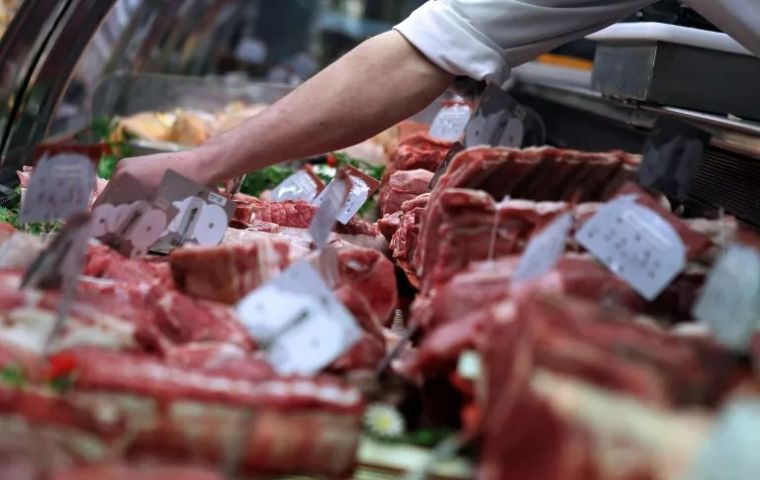MercoPress. South Atlantic News Agency
Japan resumes poultry imports from Brazil
 A mission headed by Fávaro persuaded the Japanese health authorities
A mission headed by Fávaro persuaded the Japanese health authorities Japan has honored the agreement it signed late last month with Brazilian authorities and resumed importing live poultry and meat, eggs, and poultry products after halting these purchases in June following the discovery of the first case of highly pathogenic avian influenza (HPAI) in a domestic poultry farm in the municipality of Serra, in the Metropolitan Region of Vitória, the capital of the State of Espírito Santo, Agencia Brasil reported.
In July, the Asian country agreed to adjust the import suspension protocol in case of avian influenza. In the case of subsistence birds - raised to produce meat and eggs for exclusive family consumption - the restriction will apply only to municipalities with outbreaks of the disease, not the entire state.
The new protocol came into force after a trade and business mission headed by Brazilian Agriculture Minister Carlos Fávaro to discuss the issue with Japanese health authorities.
Japan has not yet resumed imports of poultry meat from the State of Santa Catarina, where a case of bird flu was reported in the municipality of Maracajá on July 15. The decision affected Brazilian exports because the state is the second largest chicken exporter in the country behind Paraná. In the case of Espírito Santo, the occurrence of bird flu did not affect the Brazilian market because the state does not sell to Japan.
According to the Agriculture Ministry, Brazil remains free of avian influenza for commercial poultry. The South American country is the world's leader in chicken exports, with a 35% share of the global market. Of the total 2.629 million tons exported between January and June this year, Japan was the destination of 219.8 thousand tons.
(Source: Agencia Brasil)




Top Comments
Disclaimer & comment rulesCommenting for this story is now closed.
If you have a Facebook account, become a fan and comment on our Facebook Page!